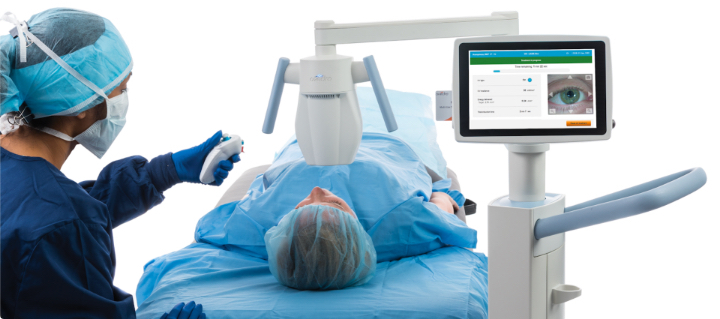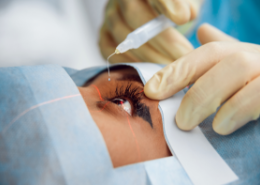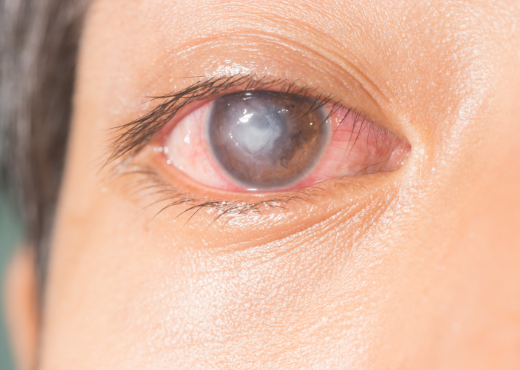Loading...
Keratoconus is an ocular condition characterized by progressive thinning and steepening of the central cornea, resulting in increasing myopia, irregular astigmatism, and eventual loss of best spectacle-corrected visual acuity. Rigid contact lenses can be used to improve visual acuity in many patients, but keratoconus can progress to the point that corneal transplantation might be required to restore useful vision.

Corneal cross-linking treatment aims at arresting and delaying the progression of Keratoconus. The treatment involves Riboflavin-UVA assisted photopolymerisation of corneal stroma which releases oxygen free radicals that induce chemical bonds between collagen fibrils resulting in increased biomechanical strength of the cornea. The procedure is undertaken under a local anaesthetic on a day care basis. Clinical studies have shown that the treatment significantly delays the progression of keratoconus, rendering the corneas stronger with improved vision. Long term follow up of up to 8 years have published on treatment stability and safety and UK NICE approved its use since 2009 and updated in 2013. This treatment which offers new hope to Keratoconus patients is available in Cambridge. For further information and patient referrals, please contact Professor Rajan, our lead Cataract and Cornea Specialist.





Keratoconus is a progressive condition and the only evidence based treatment so far is corneal crosslinking to delay the worsening of vision and the condition. Patients with Keratoconus experience worsening of the condition in the teen years up to the early thirties and then the condition stables itself closer to forty years of age. Therefore it is important to detect Keratoconus at the earliest and delay its progression during the early years in order to preserve vision during the later years. Eye lid rubbing is known to cause worse effects on the already delicate Keratoconus cornea and therefore should be avoided. Once the Keratoconus is stable and post corneal crosslinking, one could consider femtolaser assisted kerarings to improve visual function. In severe cases, corneal transplantation could rescue vision in patients with advanced cone, contact lens intolerance and scarring.
Cambridge Vision Clinic based in Cambridge, UK features an excellent team of eye care professionals offering a personalised, safe approach to patients with cataract and eye disorders for over 10 years.
Email: info@cambridgevisionclinic.org
Phone: 07871660645
Fax: 01223 266 958